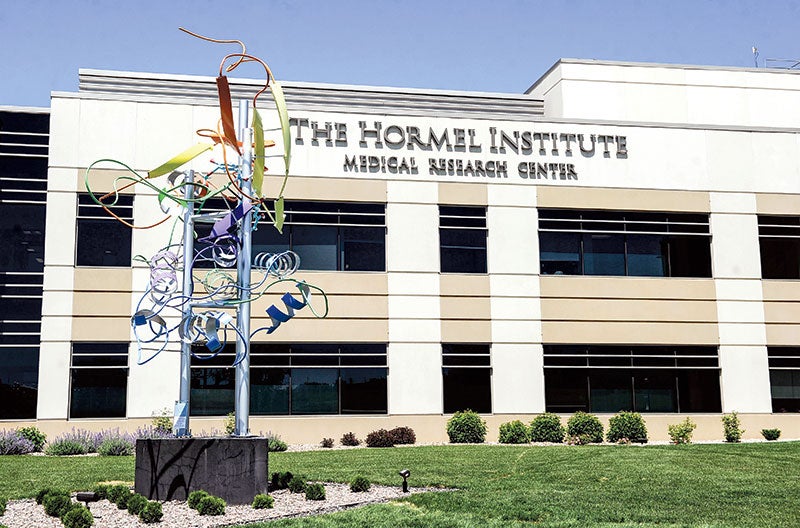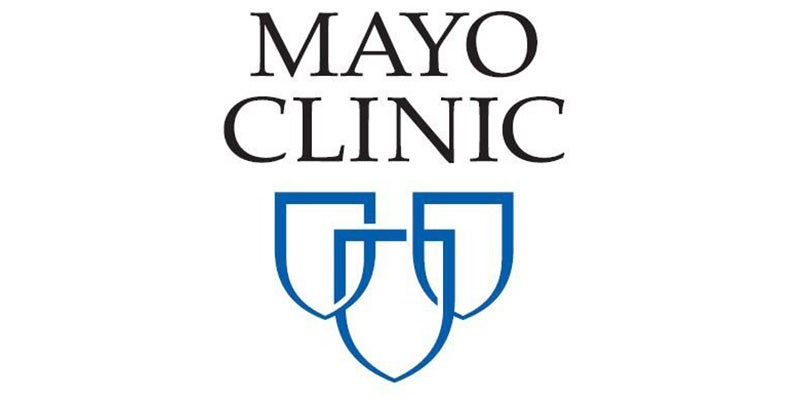Minn. Republicans say voters picked them to fix things — MNsure is up first
Published 10:41 am Friday, December 30, 2016
By Christopher Magan
St. Paul Pioneer Press
After two years of stalemates, stalled negotiations and acrimony at the state Capitol, a majority of Minnesota voters on Nov. 8 decided the solution was more Republicans in the Legislature.
Now they expect a Republican legislative majority and a Democratic governor to find solutions for the state’s most pressing issues. And what was promised on the campaign trail will likely play a factor in what happens when the 2017 session of the Legislature convenes on Jan. 3.
Republicans credit some of their recent success at the ballot box with their role as a check on the spending and policy proposals of Gov. Mark Dayton and the Democratic-Farmer-Labor Party.
“The voters took the Legislature in a much different direction … because they didn’t like some of the hallmark policies that the governor put in place in his first six years,” House Speaker Kurt Daudt, R-Crown, said last week.
On the campaign trail, Republican leaders said much-needed changes to the individual health insurance marketplace MNsure, a long-term transportation plan without new revenue and a return of some of the state’s $1.4 billion budget surplus to taxpayers resonated the most with voters.
Agreements on those big priorities eluded the two parties during the past two regular sessions.
Republicans say they’ll bring a fresh approach and more transparency to the gridlocked legislative process. In contrast, Democrats argue their GOP colleagues have offered years of opposition but few alternative solutions.
“I am a little interested to see how my Republican colleagues are going to handle this because they had a lot of fun with it on the campaign trail,” outgoing Senate Majority Leader Tom Bakk, DFL-Cook, said of changes to MNsure. “Now making the transition to governing and having to find some solutions is going to be really hard work.”
Health care top priority
The very first bill to move forward in January will be short-term relief for hard-pressed Minnesotans buying on the state’s individual health insurance market. It’s a move Republicans feel compelled to make after a campaign heavily focused on criticizing DFL leadership on health care law.
But while Republicans have promised both short- and long-term fixes to the individual market, they haven’t made very specific promises.
“I think the message was, ‘There’s a problem, the Democrats caused it, and we’re going to do something about it,’ “ said Sen. Jim Abeler, R-Anoka. “That was the whole message, and that seemed to work.”
And their lack of specificity was somewhat intentional, given Democrats’ inability to keep health care promises about costs and access.
“The last thing we want to do is make more promises to people that are then going to get the rug pulled out from under them again,” said Rep. Matt Dean, R-Dellwood.
The individual insurance market that has seen premium increases for unsubsidized customers rise an average of 59 percent for the coming year and Republicans want to stabilize it. They also want to improve access to care.
Any long-term solutions will be complicated by Republican plans in Washington to repeal and eventually replace the federal Affordable Care Act, better known as Obamacare. But changes approved by Congress will likely take years, maintaining state leaders’ incentive to act quickly.
Campaigning on roads and tax cuts
Republicans have campaigned for years on major new spending for roads and bridges, especially in rural Minnesota. In 2017, leaders say they’ll put forward a long-range transportation plan that focuses heavily on those priorities — and less on public transit than Democrats have wanted. And to pay for it, their plans could include state borrowing and general fund dollars.
Dayton’s past proposals have leaned heavily on increased gas taxes and other dedicated funding streams that Democrats see as infrastructure “user fees” that are more sustainable long term.
Tax relief is a place Democrats and Republicans could have some common ground.
Dayton was largely supportive of a tax cut bill passed by the 2016 Legislature, though he wound up vetoing the measure because it included a wording error.
Republicans on the campaign trail told voters they’d cut taxes if elected — sometimes talking to voters about little else.
“All I did is talk about HF848 (the 2016 tax bill) being the best tax bill written in the history of mankind. That’s all I did,” said veteran House Taxes Committee Chair Greg Davids, R-Preston. The 2017 tax bill he will craft, he said, will take its cues from the one left behind. But the House will likely nix some provisions, like a working families tax credit, that were included to win Democratic support, he said.
Spending
With a $1.4 billion surplus and the majority in both chambers, the coming session will be Republicans’ best shot at having a lasting impact on state spending. GOP lawmakers have long argued state agencies spend too much on the wrong stuff, and if Dayton asks for big increases there’s good chance they will object on principle.
“I said that I’m fiscally conservative and I think that unsuccessful programs should go away,” Sen.-elect Scott Jensen, a Republican from the Chaska area, said was his message to voters.
Both parties have downplayed the odds of budget loggerheads, but that’s exactly what happened the last budgeting year Republicans held the House and Senate while Dayton was governor. That session was more complicated than usual because the state had a $6 billion shortfall to fill.
Dayton gets the process started by offering his ideas on what the state’s two-year budget — now at $42 billion — should include early next year. The governor spent much of December drafting his plans, but little is known about them.
Democrats remain hopeful Republicans won’t shut them out of the process. Bakk and Rep. Melissa Hortman, DFL-Brooklyn Park, the incoming House minority leader, urged Republicans not to include “nonstarters,” things like cuts to education spending and health and human services programming, in their proposals.
“Never underestimate a governor’s resolve if he’s not running again,” Bakk said. “This is Governor Dayton’s last chance to leave some kind of mark on Minnesota after a long career and I would not underestimate that he is going to be pretty resolved on things that are important to him, and he should be.”
Need to deliver
Some Republicans acknowledge their party was able to capitalize on an unpredictable election cycle that saw outsider Republican candidate Donald Trump win the presidency.
Now Minnesota Republicans need to deliver on their campaign promises or many will likely have to explain themselves to voters in two years.
“I think there is an anti-establishment, anti-regulation message out there where people are sick of the status quo. And MNsure had a lot to do with it,” said Rep. Tony Cornish, R-Vernon Center, who chairs the House’s public safety committee. “Now, the problem with that is we’re in charge, and if we don’t produce, the pendulum could swing the other way.”
—Rachel E. Stassen-Berger, Bill Salisbury, David Montgomery and Tad Vezner contributed to this report. Distributed by Tribune Content Agency, LLC.




